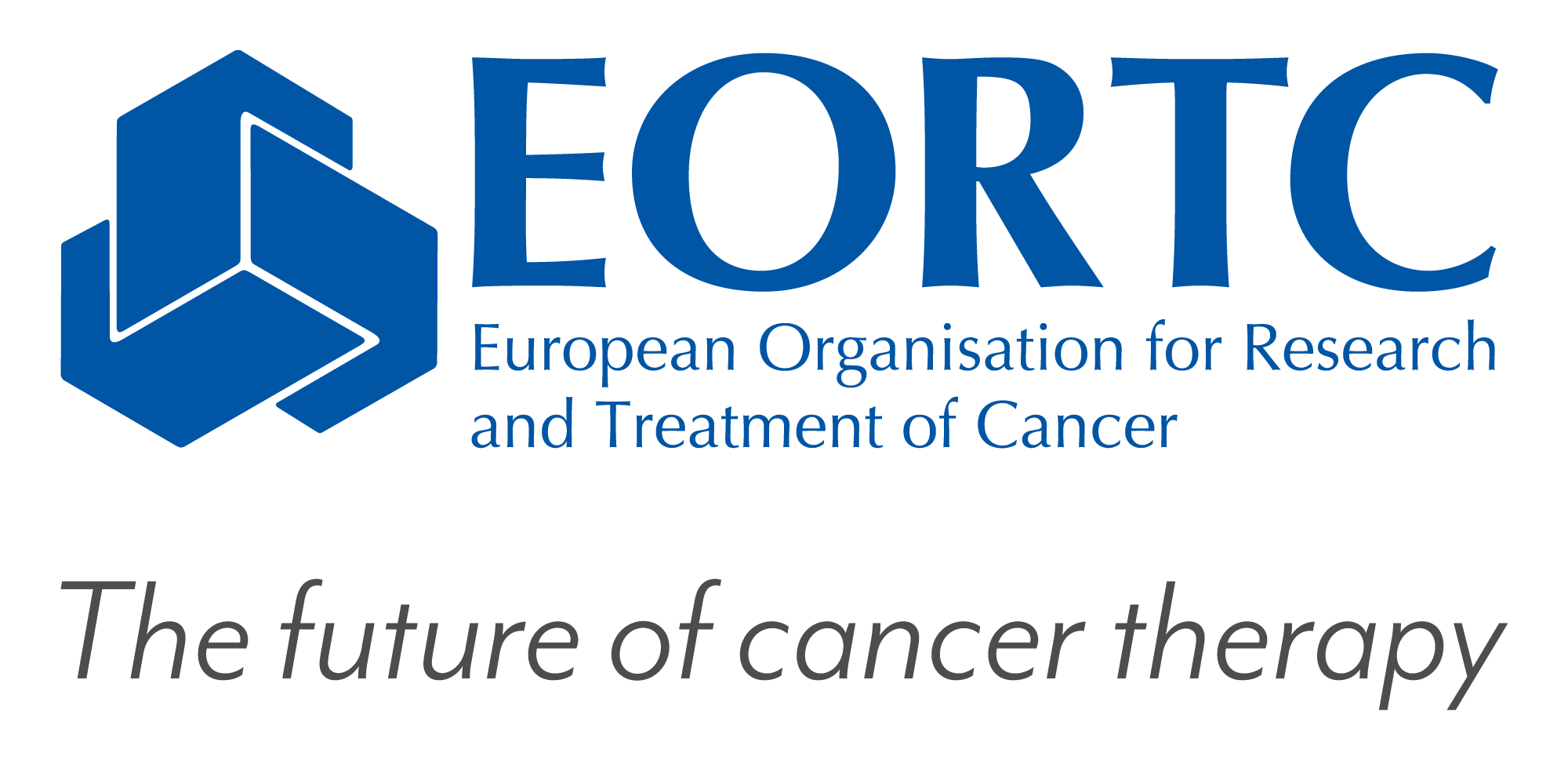
|
|

|
|
Brussels, 13 February 2004
To Whom It May ConcernRe: Implementation of EU Directive on clinical trials Dear Colleagues, |
As you are aware, the EU Directive 2001/20/EC implementing Good Clinical Practice into clinical trials is currently being translated into the national legislation of EU member states (and will also be adopted by future EU countries). The deadline for application is the May1, 2004.
This Directive poses a number of important problems for academic research which have not been adequately addressed in the original text. In summary, problematic issues are related to sponsorship, drug manufacturing for marketed drugs, fees to ethics committees and authorities, provision of drugs for free, on-site monitoring and increased administrative work. These problems have been discussed in numerous publications both in peer-reviewed journals as well as in the lay press.
If implemented without caution, the Directive will prevent important research from being conducted. Examples of important clinical trials that have led to radical changes in medical practice and would not be conceivable under the future legislation are illustrated in Annex 1. In January 2004, the EORTC undertook a snapshot review of all EORTC trials recently closed, currently open or about to be activated and projected the consequences of the Directive on this set of 127 clinical trials. In the worst case scenario (i.e. following a strict implementation scenario of the directive) approximately 60% of all academic drug trials would have failed to take place (Annex 2). This translates into a significant amount of critical research no longer being conducted and important improvements in health care would not have occurred.
This embarrassing situation is recognised by the European Commission as well as by the legislators in most member states. However, no real solution has yet been proposed. At this stage, it is too late to repeal the Directive, however the “detailed notes for guidance” produced by the Commission which address the practical implementation of the Directive can be amended at any time and national authorities have some flexibility into the implementation of the text.
In Belgium, there has been a constructive interaction between academia and competent authorities and the proposal for the implementation of the Directive addresses some important problems identified for academic clinical research.
The Belgian text does not create a two tier framework for research (one for the pharmaceutical industry and another one for academia) for the patient, but simply recognises the importance of the contribution of academic research to public health, without jeopardising the protection of the patients in terms of rights and safety. The initiative of the Belgian authorities is based on particular conditions already mentioned in the EU Directive concerning non-commercial research (recital 14) and the provision of drugs for free in clinical trials (article 19).
Although this text does not resolve the issue of “sponsorship” for academic research, it defines a set of specific circumstances to be considered for non-commercial research addressing to some extent the problems identified above. The full copy of the Belgian text (in French and Dutch) can be downloaded on the web as indicated in Annex 3 and the relevant paragraphs for non-commercial research have been translated into English (Annex 4). We believe this text could be used as a basis for discussion, as well as to introduce some harmonisation into the application of the EU Directive for academic research.
The Belgian proposal does not solve all the problems and does not address possible alternatives for academic clinical research to be continued under appropriate conditions. The voluntary contribution of many clinical investigators has previously led to considerable improvement in health care in all disciplines of medicine. The blind implementation of the Directive in Europe could drain the interest for research in the health care sector with more research being conducted outside of Europe. This is already the case for “commercial” research (drug development) and EU member states are about to set the rules to also push non-commercial research away from the European area.
What should be done?
1. As a matter of urgency, we ask the member states to consider the Belgian proposal and adapt their own legislation accordingly to avoid a rapid blockade of academic clinical research.
2. Since we know that this may not be sufficient to solve all the issues, we also ask for specific corrective detailed notes for guidance to be developed within the legal framework of the present Directive to address the problems raised for academic clinical research.
3. Finally, a formal dialogue should be initiated between academia, industry, competent authorities and the European Commission for the implementation of this directive and the elaboration of a new legislation. A forum should be created and academia needs to be formally represented directly and indirectly (Research and Public Health directorates of the European Commission).
Should you be in a position to help us we thank you in advance for what you will do; should you know someone who can help us please do not hesitate to pass on our message (forwarding this email and the attachments) or let us know who we should contact.
This letter is written on behalf of the 837 EORTC scientists (33 countries) who signed the enclosed petition (Annex 5 + list of signatories) and also on behalf of those groups and individuals who joined the Save European Cancer Research Campaign.
Address for correspondence and further information:
Patrick THERASSE, MD, MSc
Director - EORTC Data Center
Direct Phone : + 32 2 774 16 14
Direct Fax : + 32 2 772 61 97
E-mail : pth@eortc.be